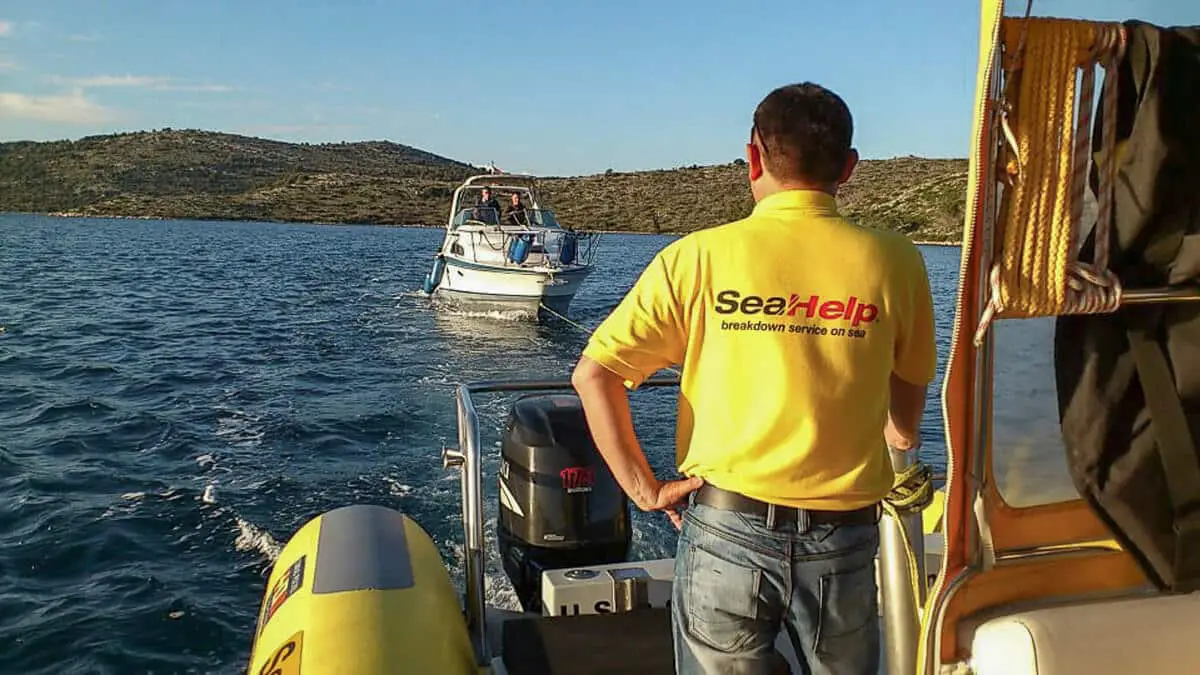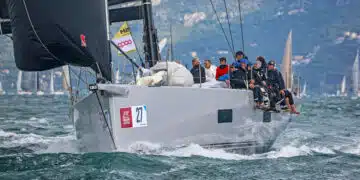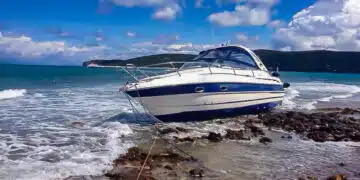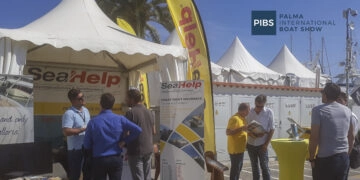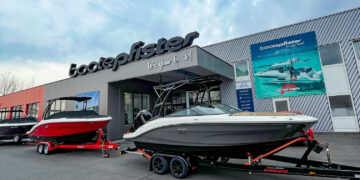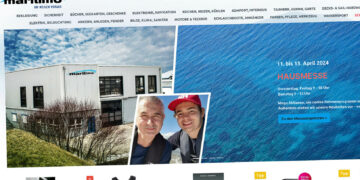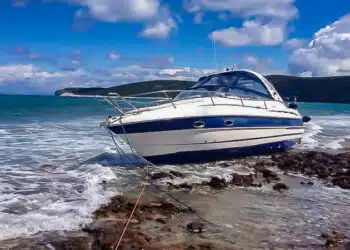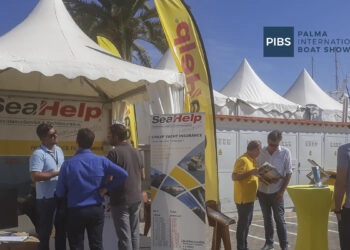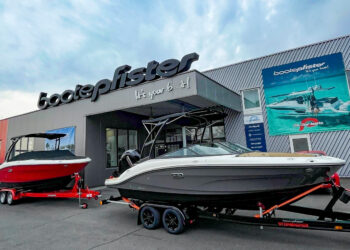After all, SeaHelp’s 2019 rescue forces completed a total of 648 missions in Croatia alone, spent 2367 hours in the Adriatic Sea and covered 11,462 nautical miles. The data collected from the missions provides valuable information when it comes to safety in water sports. But not only on the Adriatic Sea, where very detailed statistics are kept, there was also a lot to do at other bases: In total, SeaHelp was deployed 1,734 times across Europe in 2019.
Back to the Adriatic region: With a further increasing number of water sports tourists in Croatia, the number of operations naturally also increased: the ”Yellow Angels of the Adriatic‟ had to go out 648 times to help skippers in need. In 2018, SeaHelp was called out on 598 missions. In total, the rescue teams were called out 55 times; last year, SeaHelp only had to deploy 22 times with large equipment for rescue operations.
342 members had to be towed in 2019. In the previous year, with a significantly lower number of operations, there were 380 towing operations. Wolfgang Dauser, SeaHelp CEO: ”We are constantly working on training our emergency crews with the goal of repairing minor defects directly on site, so that those affected can continue their journey immediately if possible. In addition, it is of course our goal to ensure that our members have a vacation that is as carefree as possible.‟ However, if the tow line really has to be used, SeaHelp now offers significantly longer towing distances in its higher value membership models, which are included in the free service for members.
While the ”no power on board‟ issue caused 51 SeaHelp deployments in 2018, electrical problems were reduced to 44 deployments in 2019. Whether SeaHelp’s increased reporting contributed to this cannot be conclusively determined. But a significantly higher number of water sports tourists with significantly reduced problems at least suggest that this is the case. By the way: at the Austrian Boat Show – Boot Tulln – SeaHelp will be giving lectures on exactly this topic.
However, the general technical problems on board have almost doubled, which ultimately indicates a poorer maintenance level of the boats in general. Sometimes, however, skippers are too careless: When SeaHelp boats have to go out 19 times to deliver fuel, it generally indicates that the skippers concerned have given little thought to the condition of their boat before setting sail.
Fuel problems remain a constant issue in Croatia. These include clogged fuel filters in diesel engines and impairments in petrol engines. However, a total of 47 operations in 2019 compared to 26 operations in 2018 will probably only represent the tip of the iceberg. As SeaHelp has reported, many owners are calling at workshops for this reason as well. In most cases, however, they only fix the problem temporarily. In order to prevent the next fuel-related workshop visit from being pre-programmed, SeaHelp offers its members to have the entire fuel system professionally cleaned by MFT Mikrofiltertechnik from Geesthacht in Germany. The professional tank cleaners will be back ”on tour‟ in the Adriatic Sea from April 26 to May, 2020, and can be booked by SeaHelp members for a tank inspection or tank cleaning at a reasonable price.
Emergency medical transports and spare parts deliveries have also increased in 2019, while fires on board have only twice forced SeaHelp rescue boats to disengage. In the previous year they had to disengage six more times.
And last but not least: By the end of December 2019, SeaHelp had covered 113,687 nautical miles in the service of its members. Or the equivalent of 210,548 kilometres. Had a mission boat been on its own, it would have circumnavigated the earth more than five times during this time.
SeaHelp mission development 2008-2019
Klicken Sie auf den unteren Button, um den Inhalt von docs.google.com zu laden.


